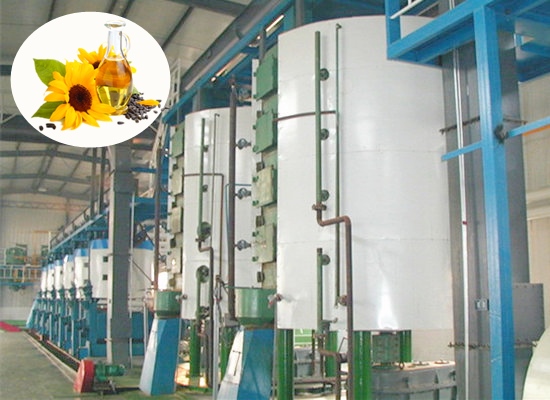
In our daily lives, peanut oil has become an essential cooking ingredient, renowned for its rich flavor and numerous health benefits. Today, we'll take you on a detailed journey through the production process of peanut oil, highlighting how our company adheres to strict and meticulous standards while emphasizing environmental protection and resource recycling.
The production process begins with shelling the peanuts. Our advanced shelling equipment can efficiently separate the peanuts from their shells, ensuring that only high - quality peanuts enter the subsequent production stages. On average, we can shell about 500 kilograms of peanuts per hour, guaranteeing a stable supply for our production line.
We offer two main methods of extracting peanut oil: hot - pressing and cold - pressing. Hot - pressing involves heating the peanuts before extraction. This method can achieve a higher oil yield, typically around 45% - 50%. The oil produced has a stronger peanut aroma, which is popular among consumers who prefer a more intense flavor. Cold - pressing, on the other hand, is carried out at lower temperatures, preserving more of the nutrients in the oil. Although the oil yield is slightly lower, around 40% - 45%, the resulting oil is lighter in color and has a more delicate flavor.
After shelling, the peanuts undergo a thorough cleaning process. Our specialized cleaning equipment can remove impurities such as dust, stones, and broken peanuts. This step is crucial as it not only ensures the quality of the final product but also protects our production equipment. The cleaning efficiency is very high, removing over 99% of impurities.

During the cooking process, baking temperature plays a vital role. If the temperature is too high, the peanuts may burn, affecting the flavor and quality of the oil. If it's too low, the oil yield will be reduced. Our experienced technicians strictly control the baking temperature between 120°C - 130°C to ensure optimal results.
The crushing process is designed to break the peanuts into smaller pieces, increasing the surface area for oil extraction. This can significantly improve the oil yield. Additionally, the peanut skins obtained during crushing are not wasted. They can be used as raw materials for other products, such as natural dyes or animal feed additives.
We use state - of - the - art screw - type peanut oil presses for oil extraction. These machines can operate continuously, with an extraction efficiency of up to 95%. Every day, our production line can extract approximately 10 tons of peanut oil, meeting the market demand effectively.

One of the highlights of our production process is the reuse of oil cakes. After oil extraction, the remaining oil cakes are rich in protein and other nutrients. We have established partnerships with local farms, supplying the oil cakes as high - quality animal feed. In addition, we have developed technology to extract peanut protein powder from the oil cakes, which is used in the food and beverage industry. This not only reduces waste but also maximizes resource utilization, fully demonstrating our commitment to environmental protection.
The extracted crude oil undergoes a series of refining processes, including degumming, deacidification, decolorization, and deodorization. These steps remove impurities and odors, ensuring that the final product meets the highest quality standards. After refining, the peanut oil is filled into clean and sealed containers, ready for distribution.
In conclusion, our company is committed to every step of the peanut oil production process, from raw material selection to the final product. We adhere to strict quality control and environmental protection principles. By recycling oil cakes and other by - products, we not only reduce our environmental impact but also create additional value. We invite you to choose our peanut oil products with confidence, knowing that you are supporting a brand that is dedicated to quality, sustainability, and resource efficiency. Join us in promoting a greener and more sustainable future!

